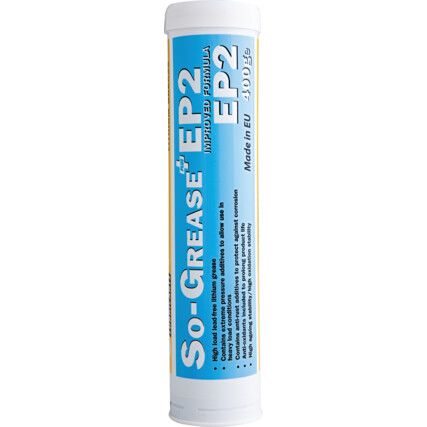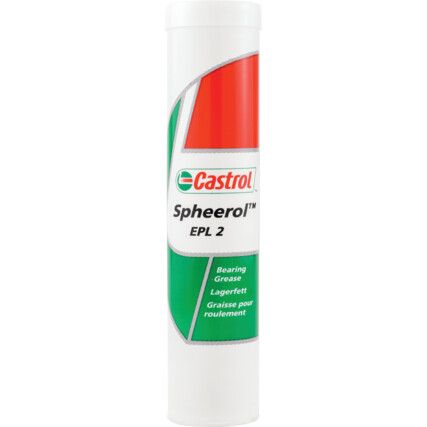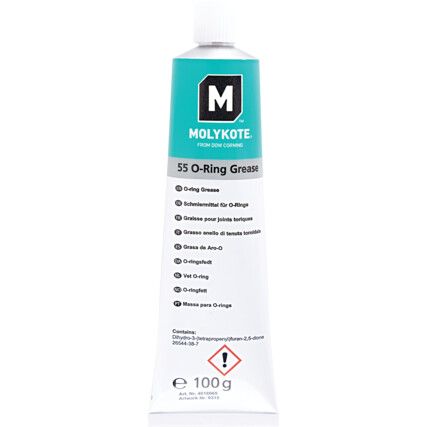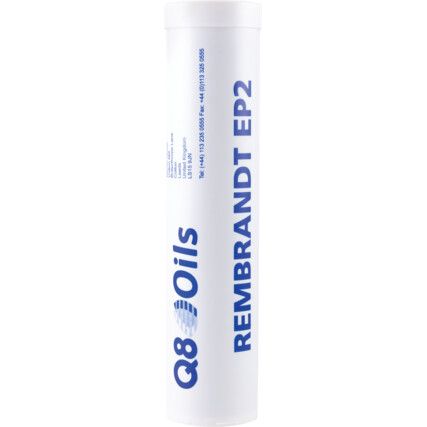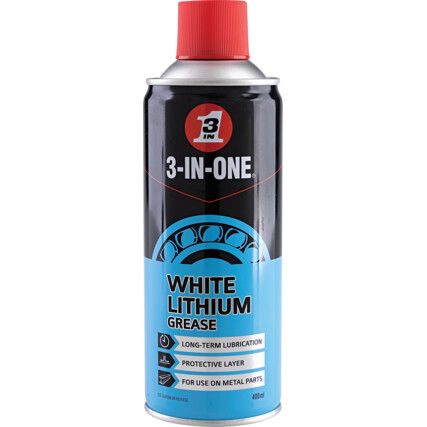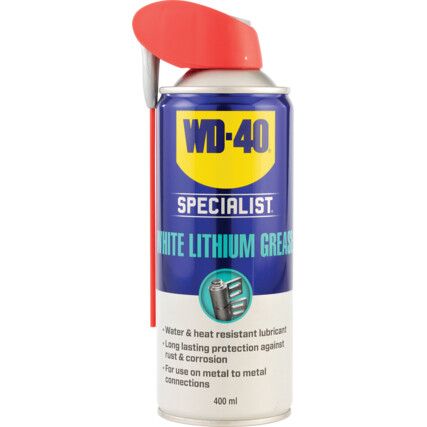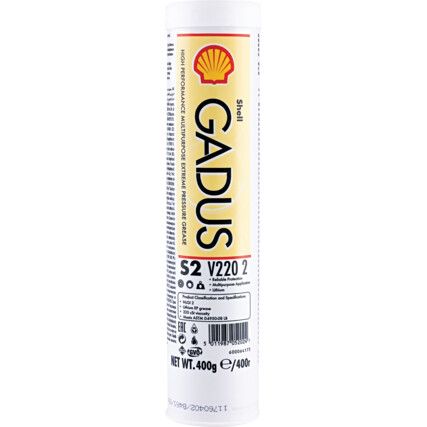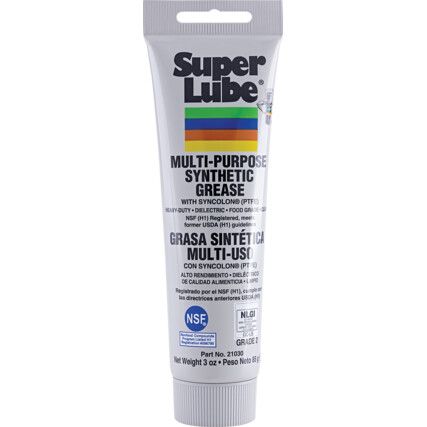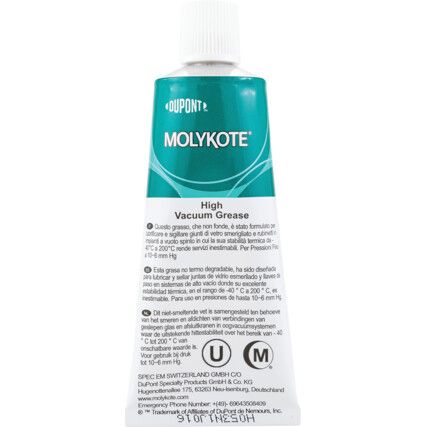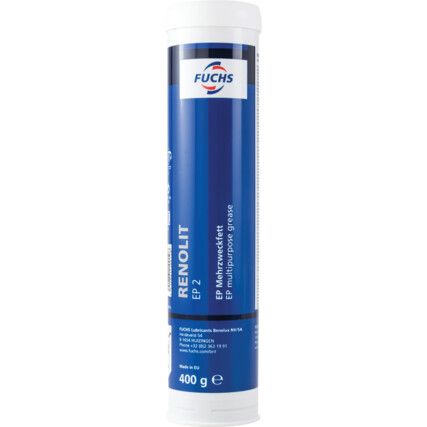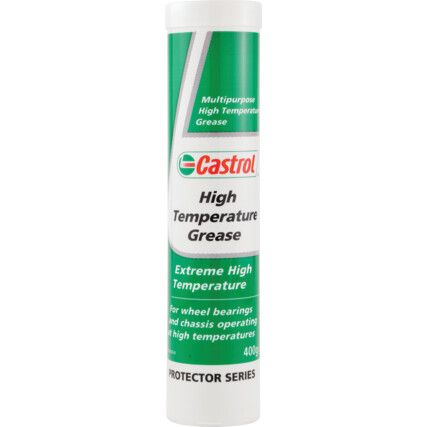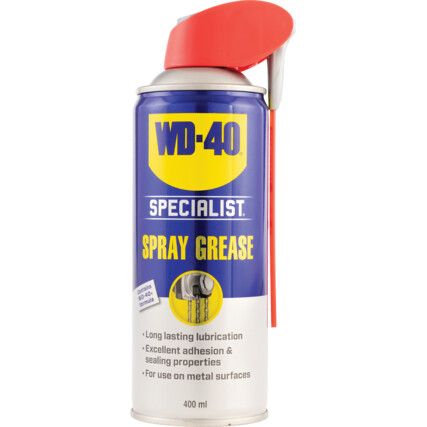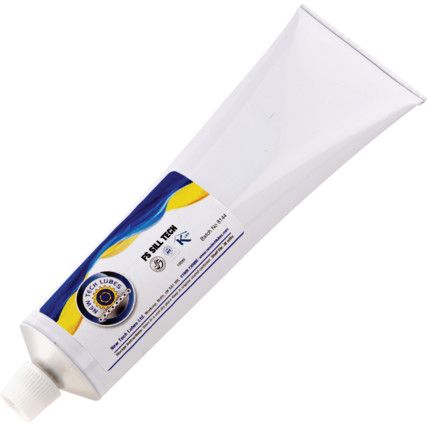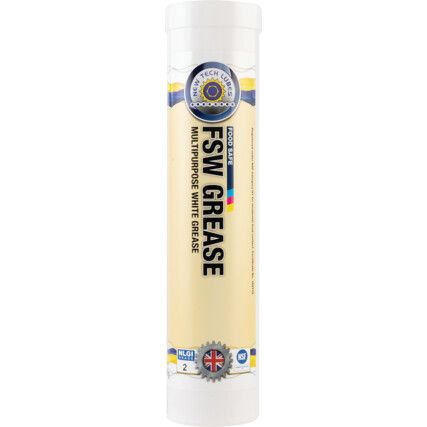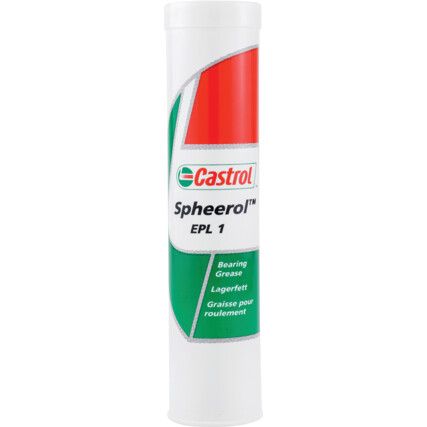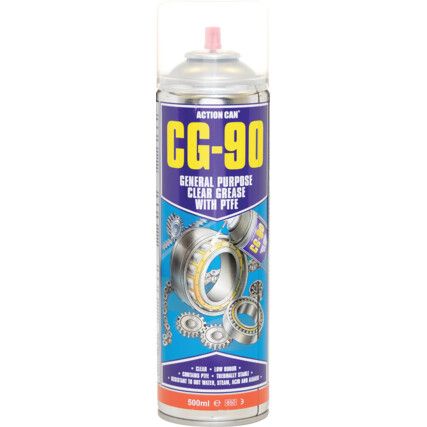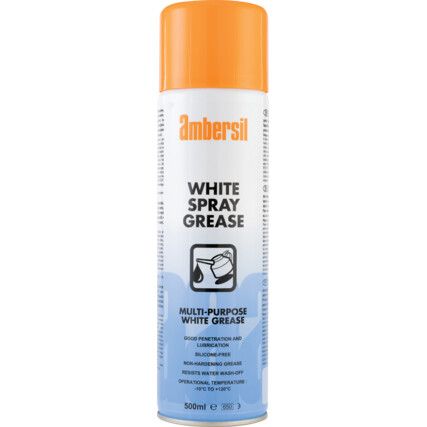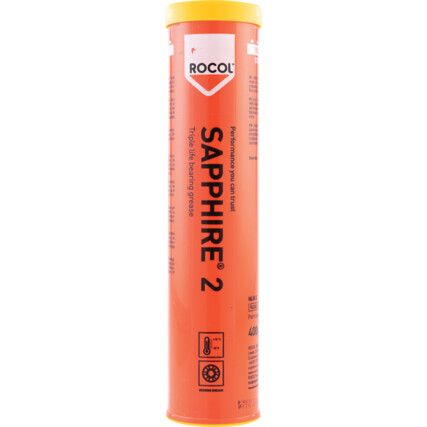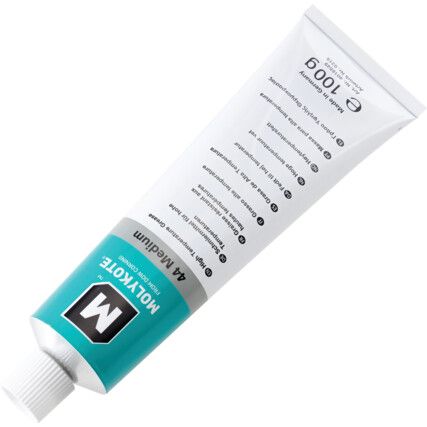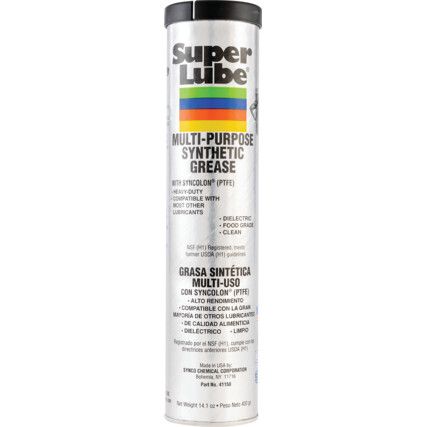Greases
Greases are an integral part of keeping machinery and other moving parts lubricated and moving unhindered. The Cromwell range of greases features big name brands in engineering and industrial lubrication such as Shell, Castrol, Fuchs, Molyslip and many more. Browse the collection today and find the right grease for your application in our expanding range of lubricants and chemicals. For more information and guidance when choosing greases, visit our comprehensive guide.
What is grease?
Typically, grease is a solid or semi-solid lubricant consisting of a base oil with additional additives and a thickening agent. They are often used in industrial environments, engineering, and automotive applications to keep components moving freely and smoothly. Some greases also offer protection to components against corrosion, as well as wear and tear and seizing.
Why greases?
Moving parts, especially metal components require greases to operate smoothly, without them they would simply grind on each other causing damage and eventual failure. Greases lubricate the components leaving behind a smooth film residue that allows moving parts to move over one another with less friction, resulting in better operation and much less wear on components.
Types of greases
There are multiple types of greases available, with different suitability for different applications. Below is a list of the most common types, along with their features and benefits.
• Lithium grease - Multipurpose and widely used, lithium grease is highly durable, viscos and stable. It helps protect against corrosion, oxidation, and extremes of temperature as well as standard wear and tear. Lithium greases also feature good water resistance as well as being able to withstand high pressures and shock loading, making them suitable for a range of industries and domestic applications.
• Aluminium complex grease - Aluminium complex grease can withstand extremely high temperatures and features excellent water-resisting properties helping to prevent rust, corrosion, and oxidation. It also features impressive shear stability. These greases are typically found in the food industry but are versatile enough to offer great results in the automotive, construction and agricultural industries.
• Calcium grease - A multipurpose grease offering great water resistance, good corrosion protection, and mechanical stability. Calcium grease was one of the first multipurpose greases available, however it doesn't perform well at high temperatures. Calcium grease is a mainstay of the industrial, marine, and agricultural industries.
• Barium complex grease - Designed for use in demanding, heavy-load applications, such as industrial, aeronautical, marine, and manufacturing applications. Barium complex grease is renowned for its mechanical stability, high-temperature resistance, and ability to withstand heavy loads and high speeds. It also features excellent water tolerance, great oxidation stability, as well as good chemical resistance.
• Sodium grease - Primarily used on roller bearings, sodium greases provide solid shear stability, high dropping point, excellent rust protection, and good lubrication. The drawback of sodium greases is that they have poor water resistance and oxidation stability.
• Bentonite clay grease - This type of grease is ideal for when exposure to very high temperatures is expected. Used in highly demanding applications, such as steel manufacturing and mining to name a few, bentonite greases feature a dropping point of 600°F with a maximum useable temperature of 250-325°F, as well as excellent water resistance and stability (mechanical and shear).
• Polyurea grease - Recommended for long-life applications, polyurea grease features an excellent water resistance, a dropping point of 460°F as well as corrosion prevention, durability, and versatility. It considered integral to the lubrication of steel plants and electric motors.
Considerations when choosing a grease
• The base oil - As a general rule greases usually contain one of three base oils, mineral, synthetic or vegetable. Synthetic oils are considered to offer the best overall results.
• The NGLI rating - The NGLI rating of a grease determines the greases consistency. Ranging from 000 (fluid) to 6(hard). The consistency you need will vary on the application.
• Viscosity - Highly viscous greases provide better stability when exposed to heavy, slow loads. Low viscosity greases work better for lighter and faster loads.
• Additives - additives are usually added for protection, heat resistance and a myriad of other beneficial qualities. For example, rust protection.
Grease jargon buster
Consistency - Determines how firm or fluid the grease is in its natural state.
Dropping point - The temperature at which a grease becomes fluid enough to drip.
Water resistance - The ability of a grease to withstand the effects of water, whilst offering no change in its lubrication abilities.
Shear stability - The ability of the grease to resist the action of shear forces and mechanical breakage.
NLGI Rating - The system of rating a greases consistency from 000 (fluid) to 6 (very hard).
FAQ
What are the three types of lubricating greases?
There are three different types of lubricating greases, boundary, mixed and full film.
Boundary lubrication is used in operations where there starts and stops, and where shock-loading is a common phenomenon. It occurs when the two surfaces are in contact that only the lubricating layer is protecting them.
Mixed lubrication is a combination of boundary and hydrodynamic lubrication. Whilst the lubrication layer offers protection their contact with each surface. Additives, again make a difference in this type of lubrication.
Full-film lubrication occurs when the two contacts are separated by the lubricant (fluid or film) and prevents irregularities (asperities) from contact when applied correctly. This is the most sought after from of lubrication.
What happens if you mix greases?
The results depend on whether the two greases are compatible or not. If the greases being mixed are not compatible the effect can be less than favourable, with separations and a generally messy situation.
If you need advice about grease compatibility it's best to seek the advice of an expert.
